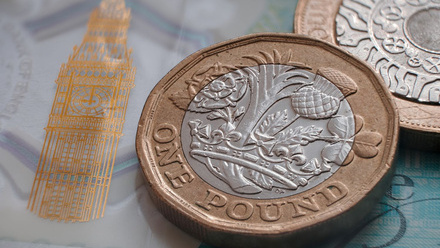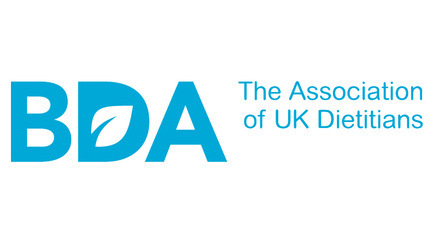Back in 2018 I wrote a blog post looking at the potential impacts of Brexit on food and nutrition. We have now officially left the EU and negotiations are underway on many of these key issues. Given recent news articles focusing again on issues of food standards and safety, I thought it a relevant time to revisit this and to reiterate some of the points the BDA has been making to government on this issue.
Recent headlines have raised concerns that the UK government may be seeking to water down food and public health standards as a consequence of Brexit. Some have claimed this will be necessary in order to secure the trade deals that the UK wishes to strike with the US and other non-EU countries.
Chlorinated chicken has again ended up at the centre of the debate, but the implications could be much wider, not just in terms of hygiene, but genetically modified foods, animal welfare standards or additives for example. It then has potential knock on effects to food availability and cost.
It is important to note that the government have repeatedly stated that they “will uphold our high environmental, food safety and animal welfare standards outside the EU.” However, opposition politicians and campaigning groups remain unconvinced.
What could the impacts be?
While in the EU, the UK’s food safety and animal welfare standards have been some of the strongest in the world – often higher than the minimums required under EU law. However, as the UK seeks new trade deals with other nations, and in particular the US, there will be pressure to align to different standards. The EU “precautionary principle” means genetically modified foods, for example, have been tightly regulated until such time as they can be proved not to be harmful to humans or the environment. By comparison the US operates the other way around – innovations are permitted until they are proven to be harmful.
If we need to change our standards to facilitate trade deals, we could see the sale of new additives, GM foods or hormone treated meat. Diverging from EU standards could also introduce what are known as “non-tariff” barriers. These would could make it more difficult or even impossible to import or export some foods with the EU. This could add costs and delays, making food more expensive and restricting choice.
Of course, if the UK fails to reach a free trade agreement with the EU because of our desire to have different standards, tariffs could also be introduced. This would directly increase the cost of food if we were to reciprocate, given that around 30% of our food comes from the EU currently.
Conversely, some argue that by getting rid of what they view as “unnecessary” regulation, we can reduce the cost of food production domestically and therefore produce our own food more cheaply. However, the NFU and others have argued that lowering standards will leave them open to undercutting by cheaper foreign imports.
What is the BDA’s view?
Although the BDA holds no view on the decision to leave the EU, we strongly believe that whatever form Brexit takes, it should not be allowed to have an impact on the cost and availability of food, especially specialist nutrition products, and that the government should uphold high public health and food standards.
We supported the Faculty of Public Health’s campaign to ensure that our high public health standards and protections are not ‘traded away’ as part of Brexit. In 2018, the government made an unequivocal guarantee that this won’t happen. We hope that they keep to this promise.
We have written to the new Secretary of State for Environment, Food and Rural Affairs, George Eustice, to set out these concerns, having received a disappointing reply from his predecessor, Theresa Villiers. We want to see a clear commitment to mitigate the impacts of any increase in the cost of food or lack of availability, especially for the poorest in society. We want to see guarantees that food quality, hygiene standards and labelling rules only strengthen, not weaken, once we leave the EU on 31st December 2020.





